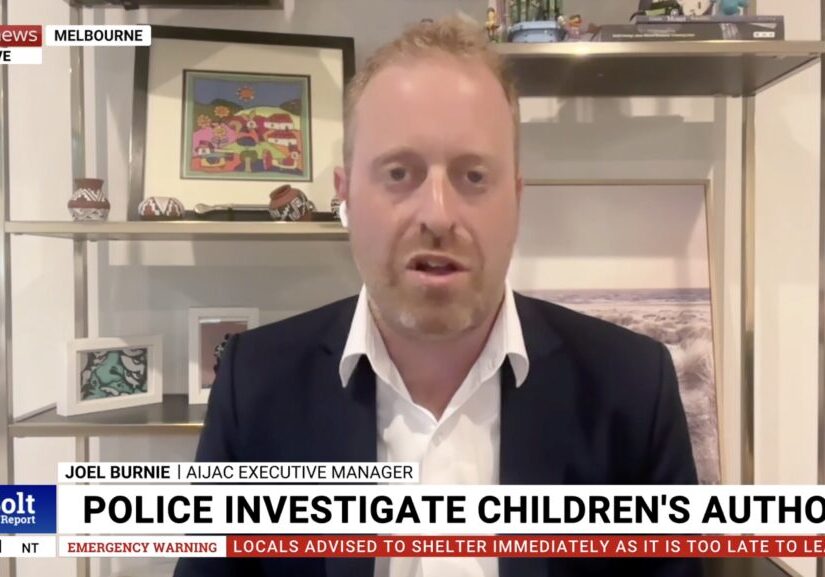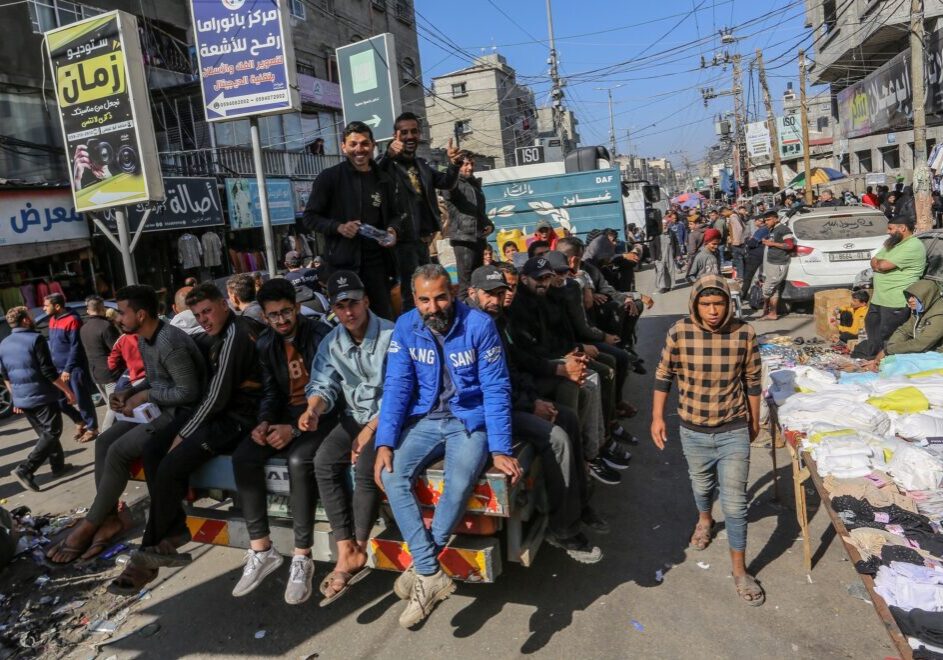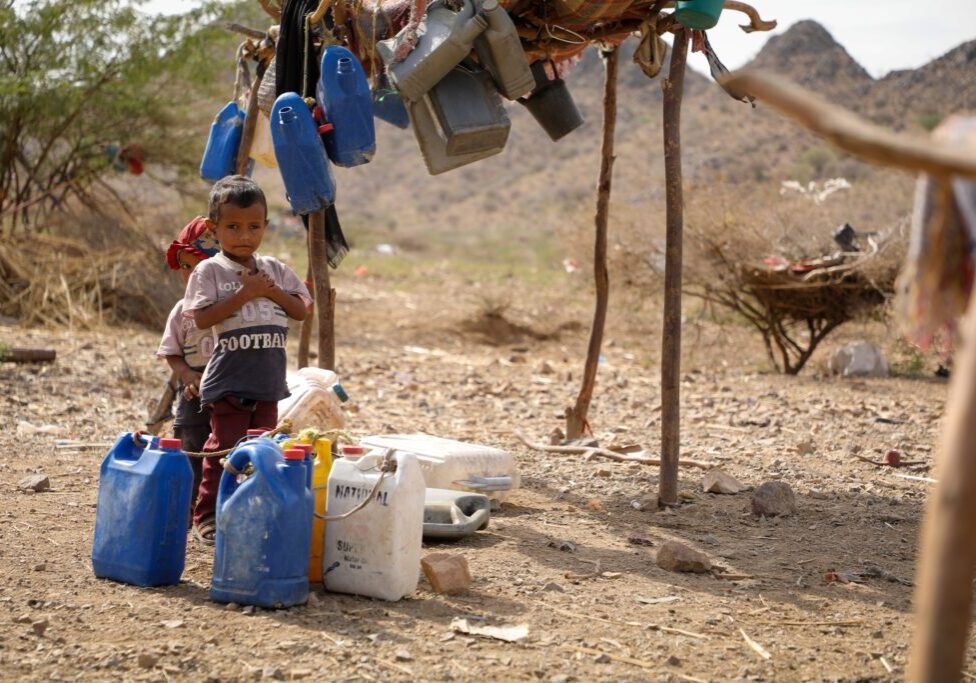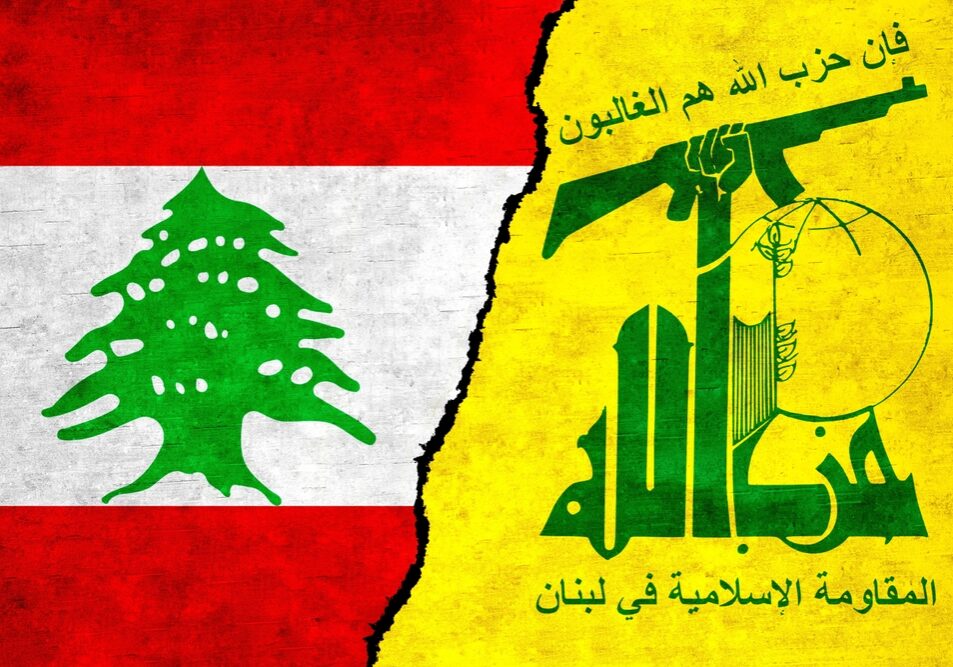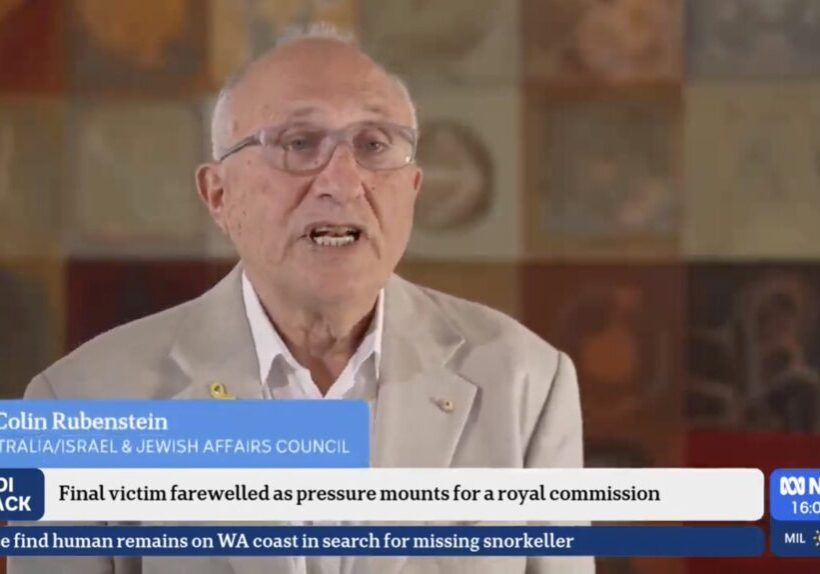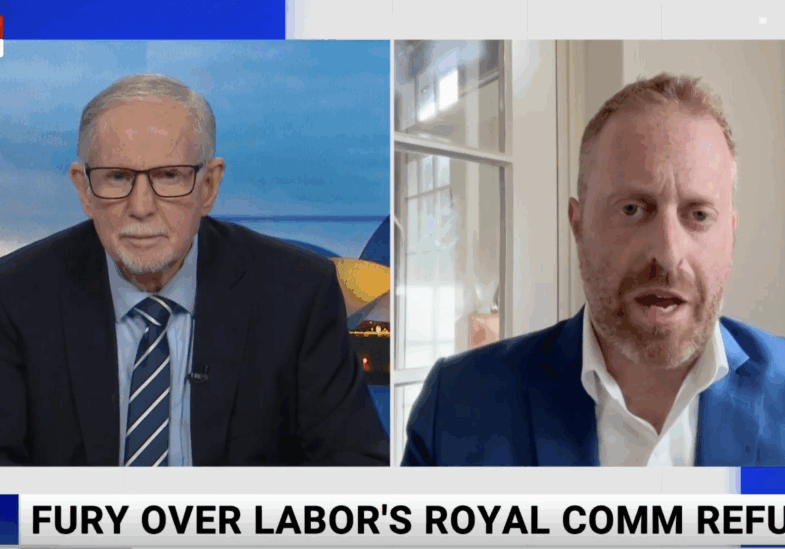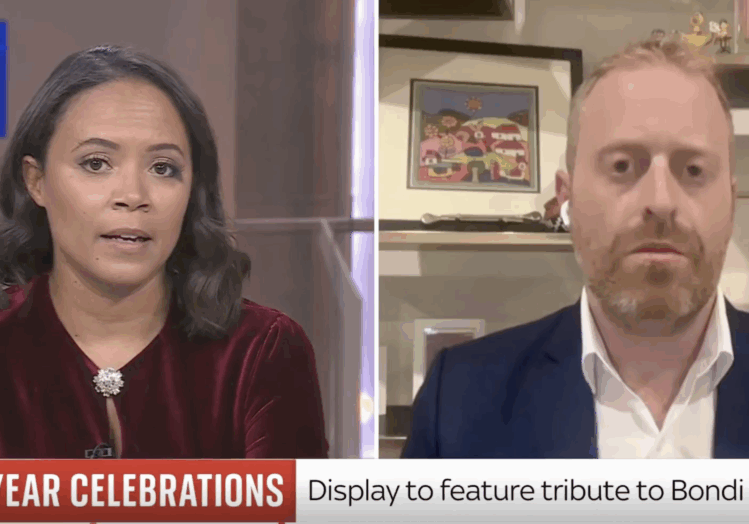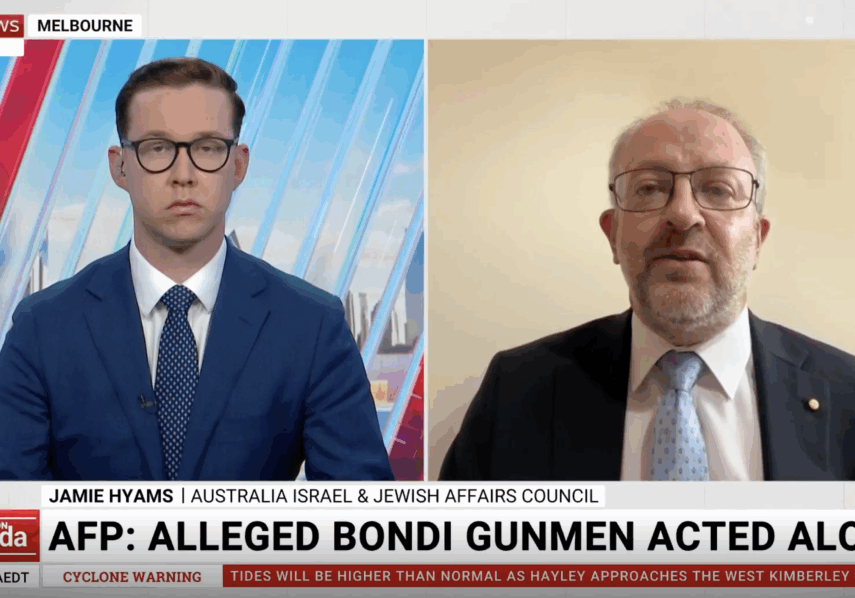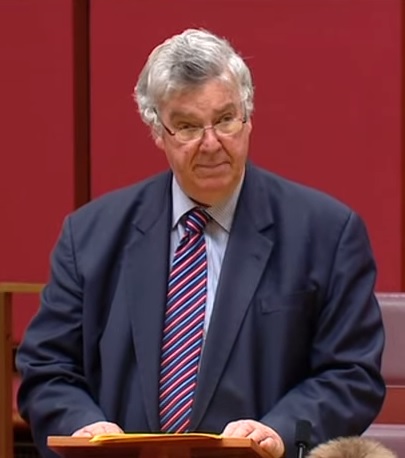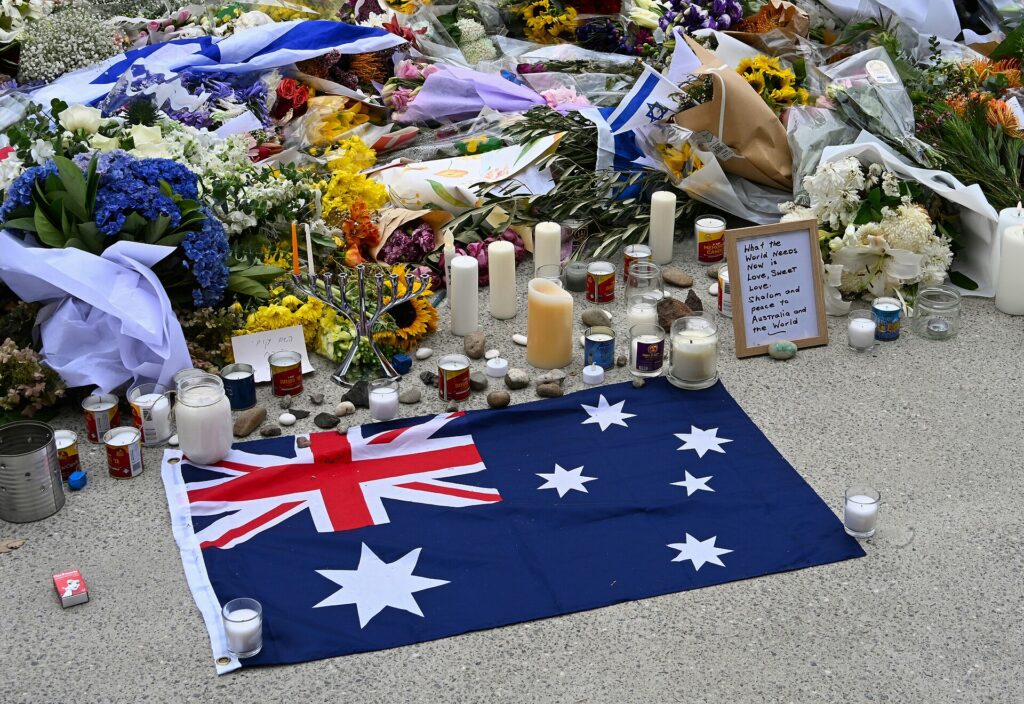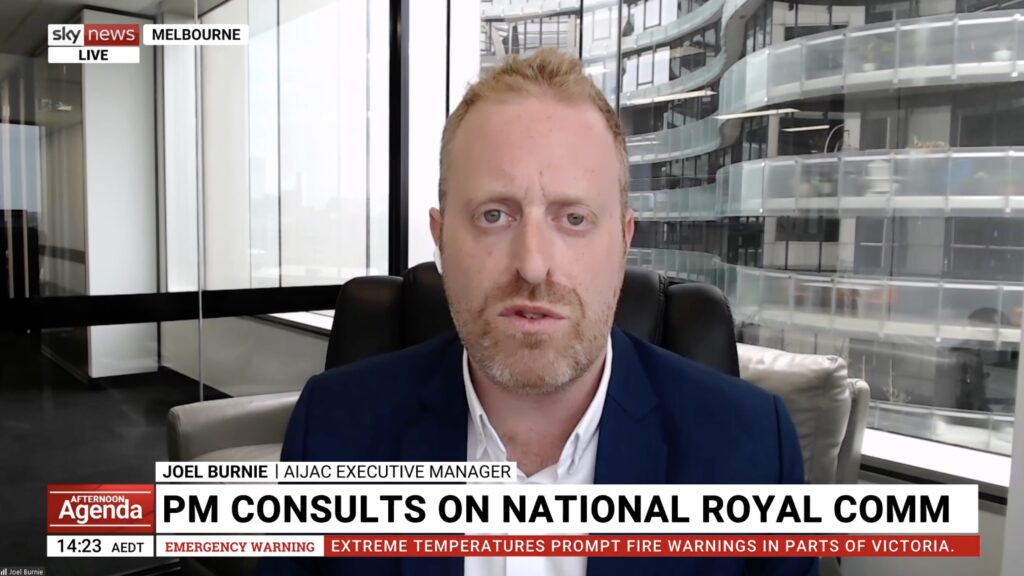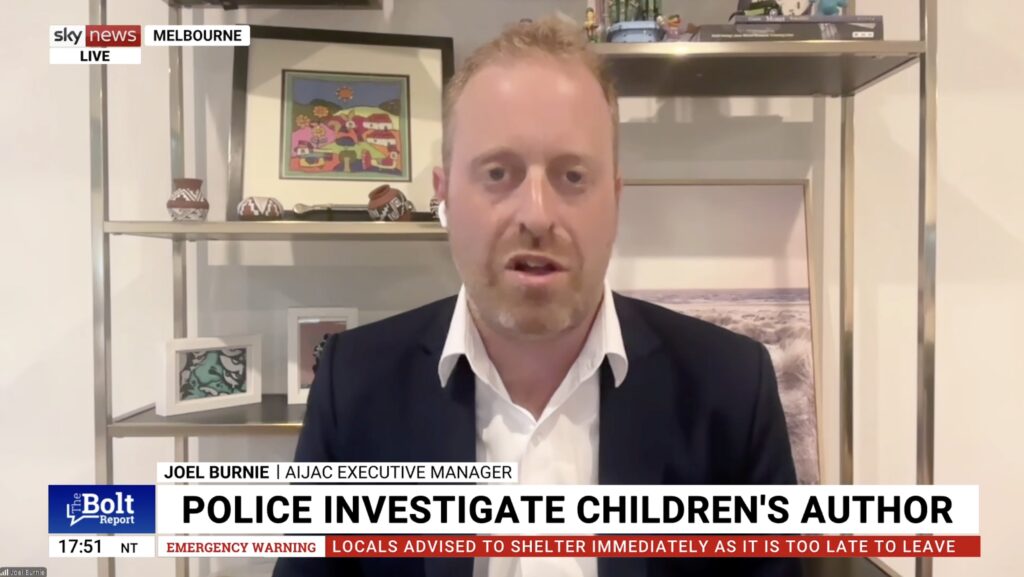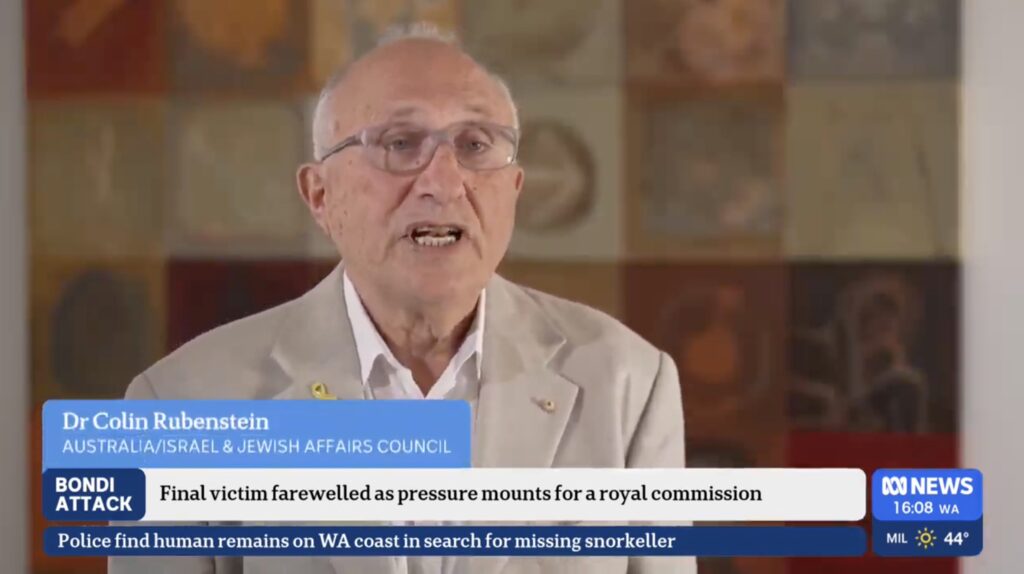FRESH AIR
Factsheet – Attacks on two tankers in the Persian Gulf
June 14, 2019 | AIJAC staff
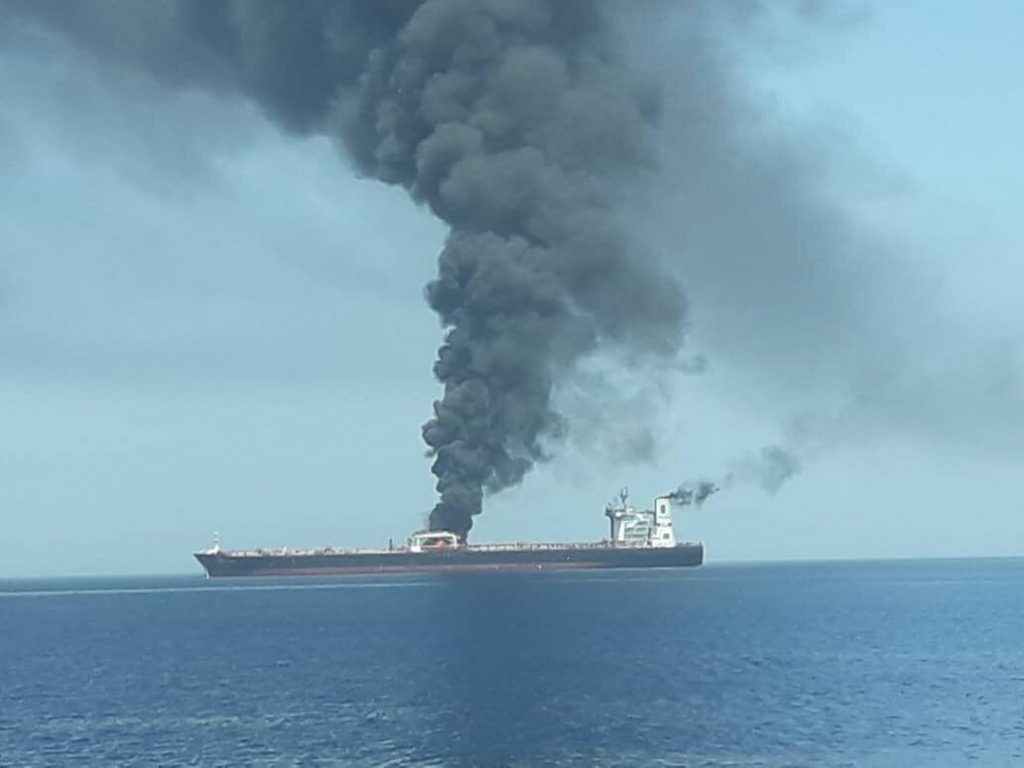
Two oil tankers, the Kokuka Courageous, Japanese-owned and carrying methanol to Singapore, and the Norwegian-owned Front Altair transporting naphtha (a type of crude oil) en route to Taiwan were in the Gulf of Oman (about 14 nautical miles from the coast of Iran) when they both experienced what their crew described as “attacks” on Thursday (June 13).
The Front Altair started burning, and one sailor was injured. All crew from both tankers were evacuated – neither is thought to be in danger of sinking.
Evidence of Iran’s alleged involvement in the attacks
According to CNN, the US Defence Department has released video of what it says is an Iranian boat removing an unexploded mine from one of the attacked oil tankers in the Gulf of Oman.
The Pentagon confirmed the CNN story, saying of the oil tanker attacks: “At 4:10 p.m. local time an IRGC Gashti Class patrol boat approached the M/T Kokuka Courageous and was observed and recorded removing the unexploded limpet mine from the M/T Kokuka Courageous.”
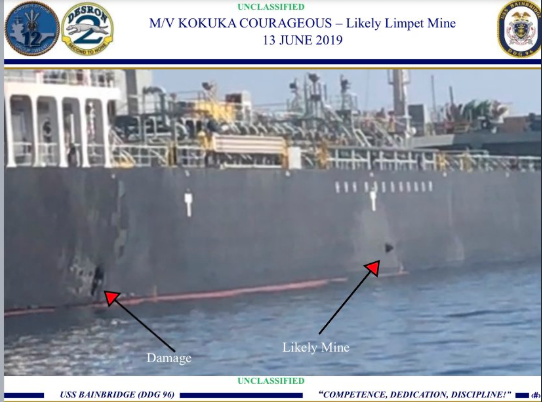
A US military supplied photo reportedly showing mines attached to the side of one of the tankers attacked.
According to Israeli blogger, Ronen Solomon of Intellitimes, Maritime Mobile Service Identity (MMSI) data (pictured below) shows that an Iranian Search and Rescue vessel departed from the Bender Jask IRGC naval base and reportedly participated in the rescue of sailors from one of the damaged ships. While Solomon did not say so, it may be the same vessel as the one in the Pentagon video shown allegedly removing mines from one of the vessels, presumably to hide evidence of their origins.
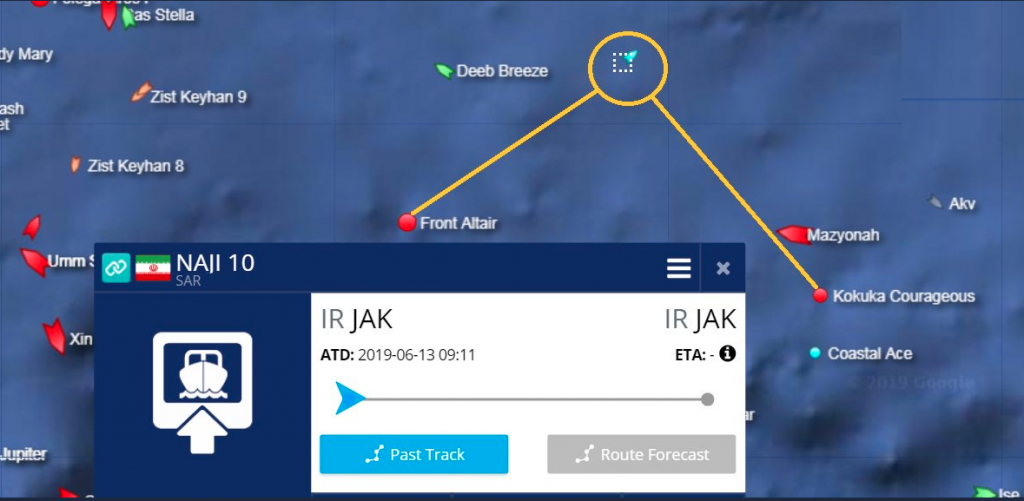
Maritime Mobile Service Identity image of the two tankers attacked and a third unidentified vessel. Photo: Intellitimes
On the diplomatic front
US Secretary of State, Mike Pompeo blamed Iran for the attack.
He said “It is the assessment by the United States government that the Islamic Republic of Iran is responsible for the attacks that occurred in the Gulf of Oman today.”
“This assessment is based on intelligence, the weapons used, the level of expertise needed to execute the operation, recent similar Iranian attacks on shipping, and the fact that no proxy group operating in the area has the resources and proficiency to act with such a high degree of sophistication.”
The UN Security Council discussed the latest oil tanker attacks in a closed session.
Iran’s Foreign Minister, Javad Zarif, tweeted: “Suspicious doesn’t begin to describe what likely transpired this morning”.
“Iran’s proposed Regional Dialogue Forum [with Gulf neighbours] is imperative.”
He rejected the accusations against Iran, and blamed what he calls “The B team” – US national security adviser John Bolton, along with Secretary of State Mike Pompeo – for war mongering in an attempt to undermine the success of the visit by Japanese Prime Minister Shinzo Abe to Iran.
Zarif wrote: “That the US immediately jumped to make allegations against Iran—w/o a shred of factual or circumstantial evidence—only makes it abundantly clear that the #B_Team is moving to a #PlanB: Sabotage diplomacy—including by @AbeShinzo—and cover up its #EconomicTerrorism against Iran”.
On the economic front
Immediately after the attack, oil prices rose, with Brent crude surging over 3% to US$62 per barrel, having hit a five-month low below US$60 last night.
Saudi Arabia has promised to supply oil to international markets in the wake of the attacks.
The incident follows previous oil-transport related incidents in the Gulf widely blamed on Iran or its proxies
May 13 – Four oil tankers were attacked in the same area, one flying the United Arab Emirates’ flag, one Norwegian tanker and two Saudi Arabian vessels.
The attack was also attributed to Iran by the US.
May 14 – Saudi oil pumping stations 300km west of the capital Riyadh were attacked by drones.
Tags: Iran, Javad Zarif, Mike Pompeo, US, tankers
RELATED ARTICLES
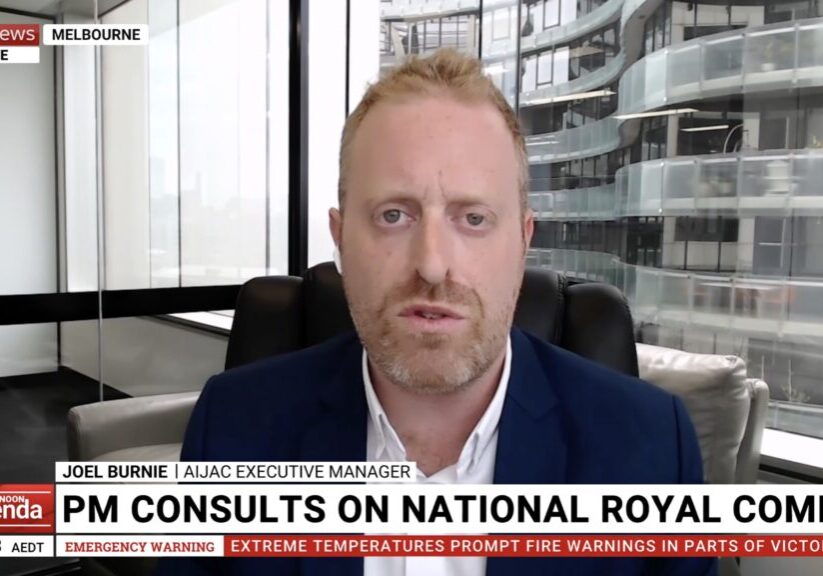
Parameters of a Royal Commission will be crucial: Joel Burnie on Sky News
